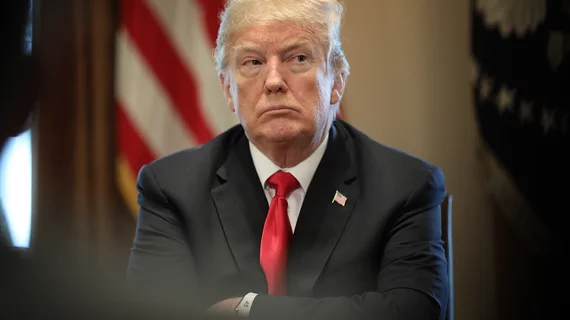Government shutdown poses risks to ACA, healthcare services
The U.S. government shutdown, which is now the longest-running in history, could potentially harm consumers and undermine the stability of the Affordable Care Act healthcare insurance market, The Wall Street Journal reported.
The shutdown has several impacts on the American healthcare system, including the furloughing of workers at HHS and CMS, though the agencies remain open. Americans who depend on tax credits from the IRS to help pay their insurance premiums could be in trouble as a result of ongoing staffing shortages at the agency. The Indian Health Service hasn’t been able to pay tribal health clinics and programs, resulting in potential closings.
In addition, a pause on the ongoing appeal of a ruling that overturned the ACA in December is sowing further chaos among insurers, which need guidance to design 2020 health plans, according to the WSJ. The delay in the case could push the issue into the 2020 presidential election.
Despite these risks, the shutdown’s end is nowhere in sight as President Trump and Democrats continue to disagree over a resolution to fund the government. Trump’s insistence on $5.7 billion in funding for a wall along the U.S.-Mexico border has created a stalemate that began Dec. 22.
See the full story below:

